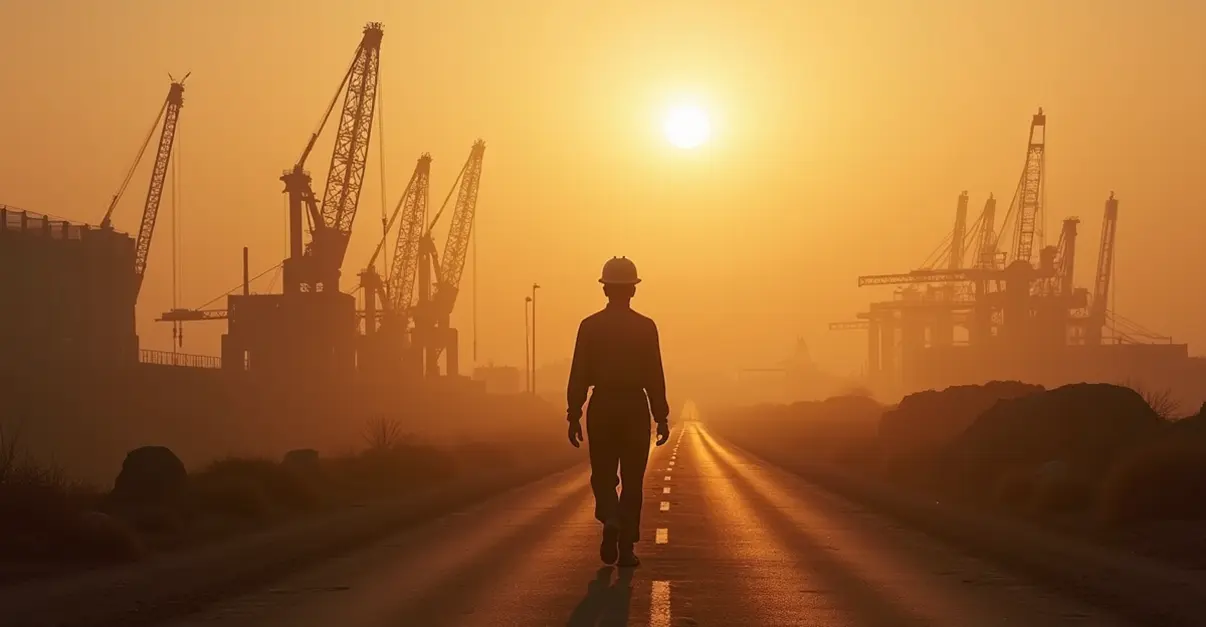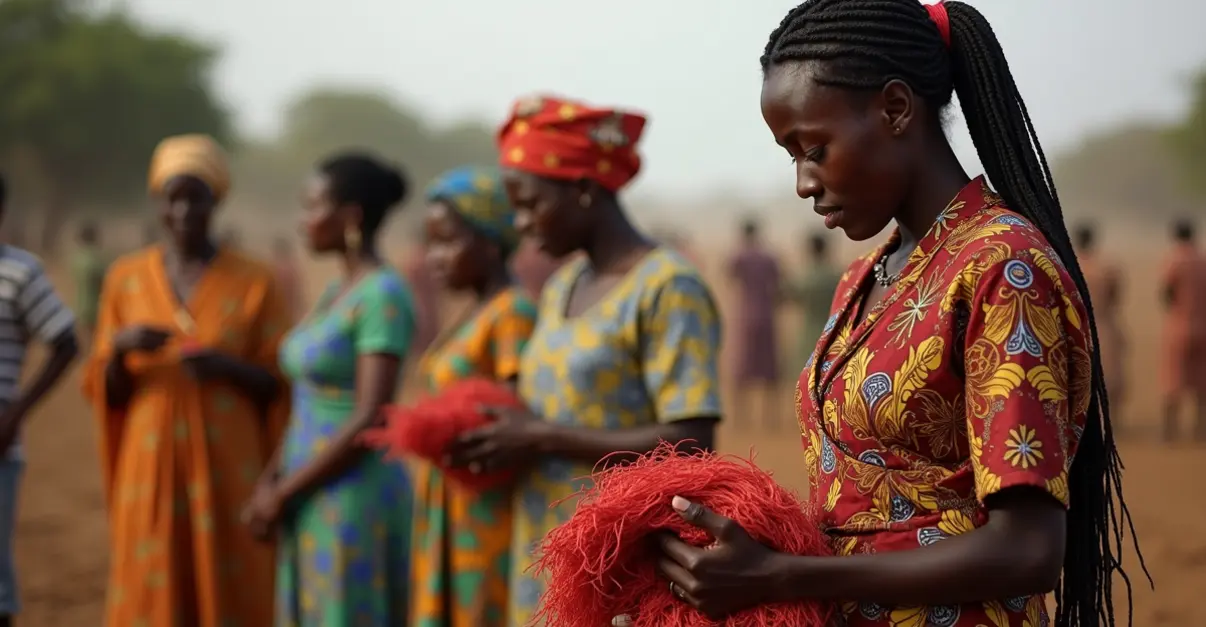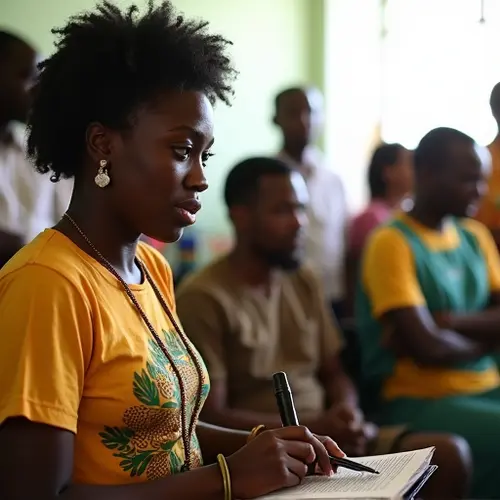Record-Breaking Investment Shift to Africa
China's Belt and Road Initiative (BRI) has dramatically pivoted its focus toward Africa, with investments surging to an unprecedented $39 billion in the first half of 2025 alone, according to recent reports. This massive influx represents the largest regional allocation in the BRI's history, outpacing all other global regions and marking a significant strategic shift in China's global infrastructure strategy.
Nigeria Emerges as Top Beneficiary
Nigeria has emerged as the primary recipient of this investment wave, securing $21 billion in construction contracts primarily focused on oil and gas processing infrastructure. The China Development Bank recently released a $254.76 million loan for Nigeria's Kano-Kaduna railway project, a 203km standard-gauge railway linking northern Nigeria. 'This railway will transform transportation in a region where road travel is frequently threatened by security challenges,' said a Nigerian transportation official who requested anonymity.
Geopolitical Implications and Strategic Pivot
The investment surge comes amid escalating trade tensions between China and the United States, with Africa becoming a key battleground for geopolitical influence. 'China is strategically countering Western economic pressure by deepening ties with mineral-rich African nations,' noted Dr. Amina Johnson, an African development expert at the University of Cape Town. 'The $39 billion investment in just six months demonstrates China's commitment to securing critical resources and building new alliances.'
Infrastructure Development and Economic Impact
Africa received $30.5 billion in construction contracts during this period, a massive increase from just $6.1 billion a year ago, plus $8.5 billion in direct investments. Major projects include energy infrastructure, transportation networks, and industrial facilities across multiple African nations.
Debt Sustainability Concerns
While the investments promise significant infrastructure development, concerns about debt sustainability persist. Between 2000-2023, Chinese loans to Africa exceeded $170 billion, with approximately 40% of low-income African nations now at high risk of economic collapse. 'African nations must ensure BRI terms support domestic value chains and promote debt transparency,' warned economic analyst Michael Chen from the African Development Bank. 'Otherwise, we risk remaining locked in perpetual extraction economies.'
Comparative Advantage Over Western Models
China's flexible financing approach, which often lacks the governance conditions typical of Western loans, has proven attractive to many African governments. China now invests approximately 2.5 times more in African infrastructure than all Western countries combined, according to recent analysis.
Global Context and Future Outlook
The BRI's global engagement reached $124 billion in just six months, surpassing the entire 2024 total. Energy investments hit record levels at $42 billion globally, with significant portions allocated to African projects. Green energy initiatives received $9.7 billion across the continent, signaling a diversification beyond traditional infrastructure.
As the geopolitical landscape continues to evolve, Africa's role in China's global strategy appears set to expand further. 'This represents a fundamental reorientation of China's foreign economic policy,' concluded Professor Li Wei from Beijing University. 'Africa is no longer just a recipient of aid but a strategic partner in China's vision for global economic connectivity.'
Sources: Mail & Guardian, The Geopolitics, West Africa Infrastructure Expo

 Nederlands
Nederlands
 English
English
 Deutsch
Deutsch
 Français
Français
 Español
Español
 Português
Português










